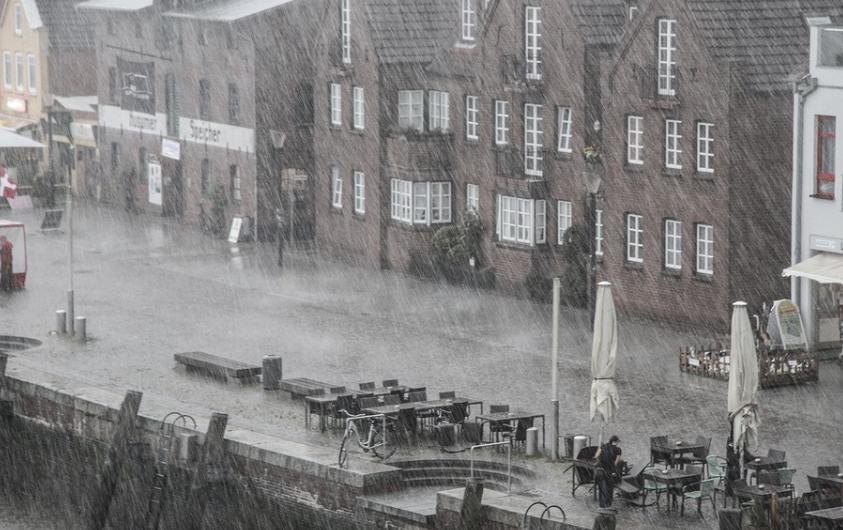The worst thing that people who live along coastlines can do is not to prepare for tropical storms and hurricanes.
According to the National Hurricane Center, the two key factors contributing to weather safety during hurricanes are preparing in advance for the risks and to act on those preparations when alerted by emergency officials.
The director of the National Hurricane Center, Rick Knabb, and AccuWeather Hurricane Expert Dan Kottlowski, outlined certain precautionary steps that people in areas impacted by hurricanes and tropical storms should take.
1. Evacuation planning
The main reason people have to evacuate during hurricanes is from a storm surge, which is an abnormal rise of water generated by a storm’s winds that can reach heights well over 20 feet and can span hundreds of miles of coastlines, according to the National Hurricane Center.
“Evacuation planning is number one on the list,” Knabb said.
Knabb urged that people find out today if they live in a hurricane evacuation area, which is an area in which residents must leave their homes in the event of a hurricane.
Local governments provide the public with information about evacuation areas and the evacuation plans.
While people who live in storm surge areas fall within areas that are urged to evacuate during a hurricane, people who live outside of these zones should still look into safety precautions during a hurricane.
2. Buy supplies
The most important thing that both Knabb and Kottlowski stressed was buying supplies well in advance and keeping those supplies on hand should evacuation be required.
“If you wait until the hurricane is on your doorsteps, you are going to be waiting in long lines and they could even be out of the stuff you need,” Knabb said.
Those living in evacuation areas should keep a hurricane kit handy that is stored in a way that is easy to grab and bring to an evacuation shelter.
3. Check insurance coverage
Property owners and renters should be sure to insure their homes against flooding, something that Knabb said many people do not realize is not a part of standard home and renters insurance.
4. Make copies of important documents
Those living in or near hurricane areas should make copies of proof of ownership documents of any property not limited to their homes, cars and boats.
These documents can be stored in the hurricane kit or in any safe location that does not risk being damaged during the hurricane.
“If a hurricane levels your house, you have to prove that it is your house,” Kottlowski said.
5. Protect your home
Residents and tenants should inspect their homes to confirm that there is no damage that a hurricane could increase.






Leave a Reply